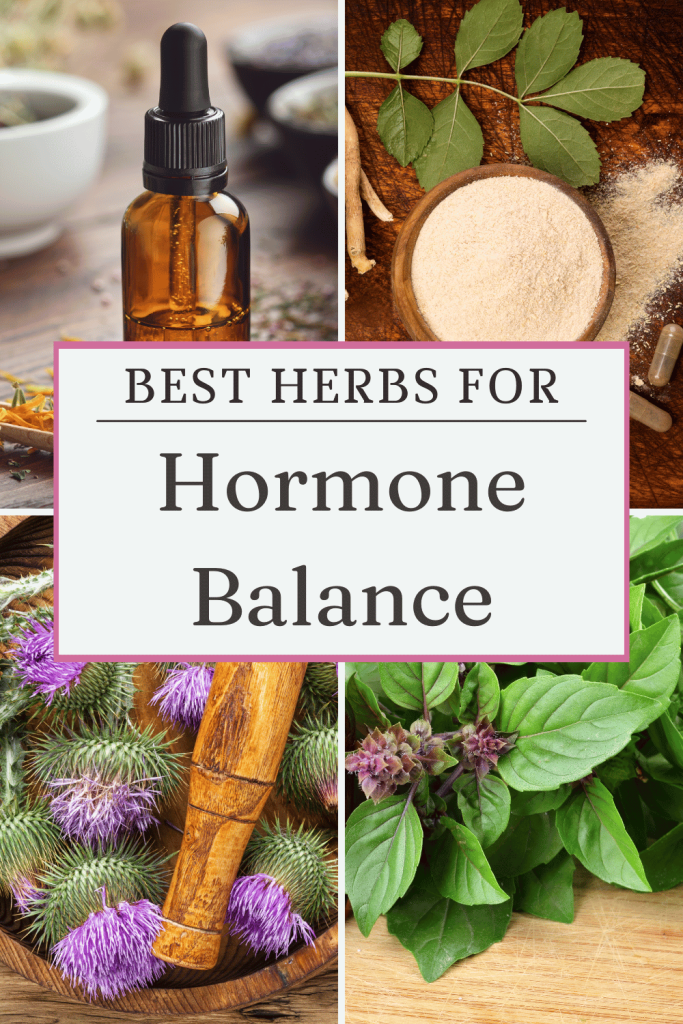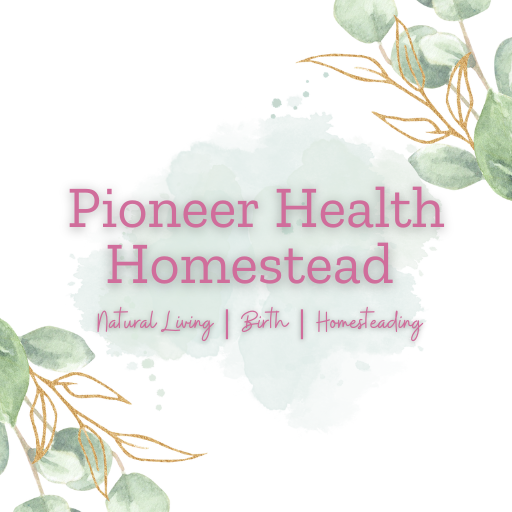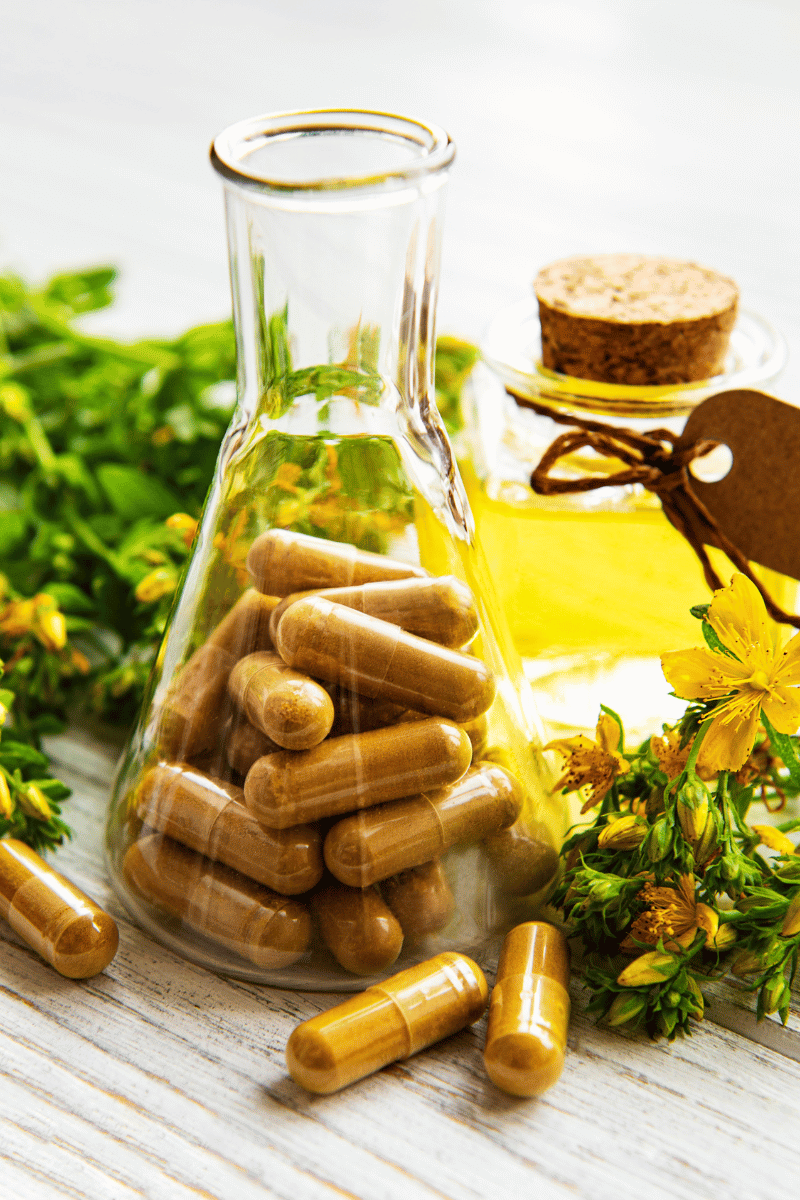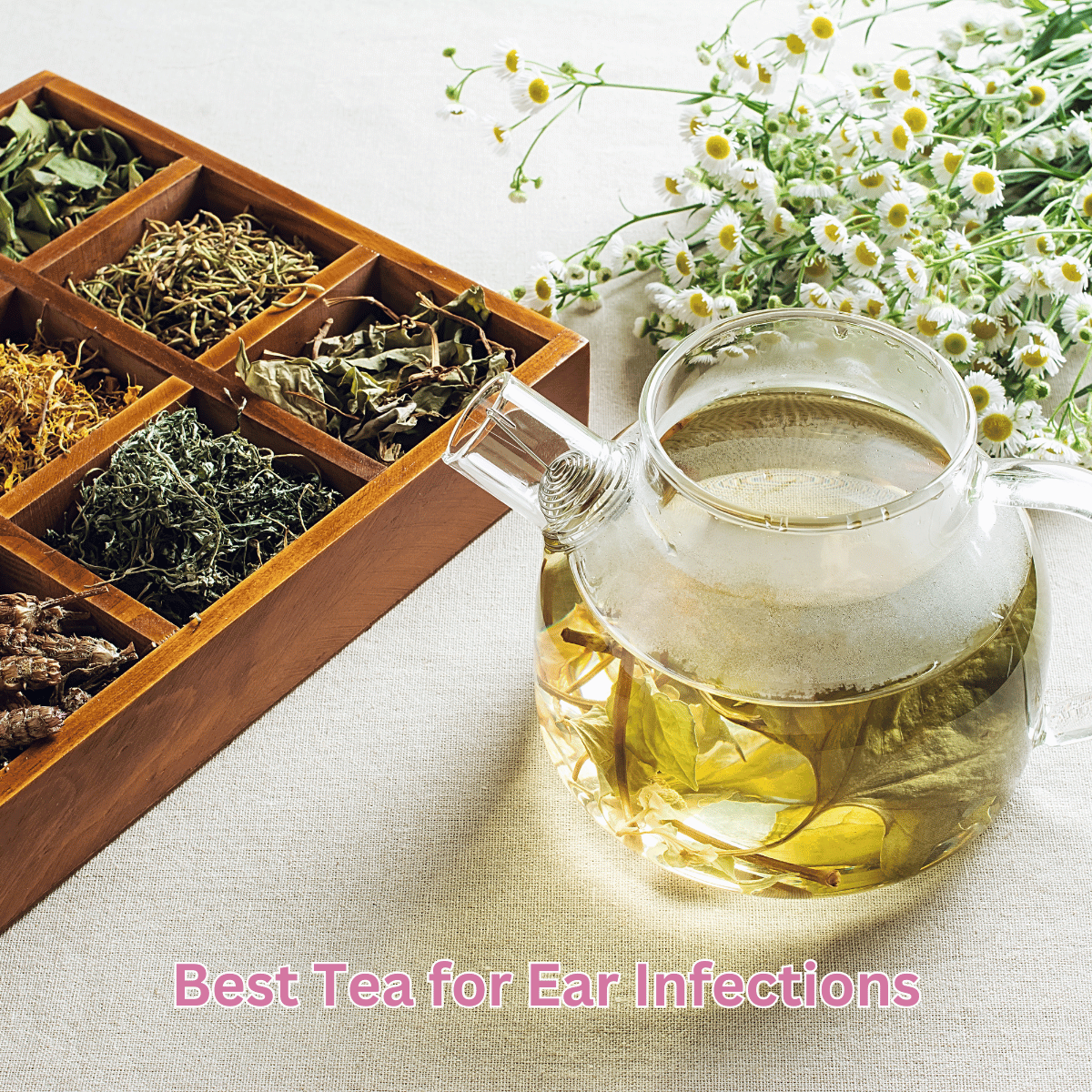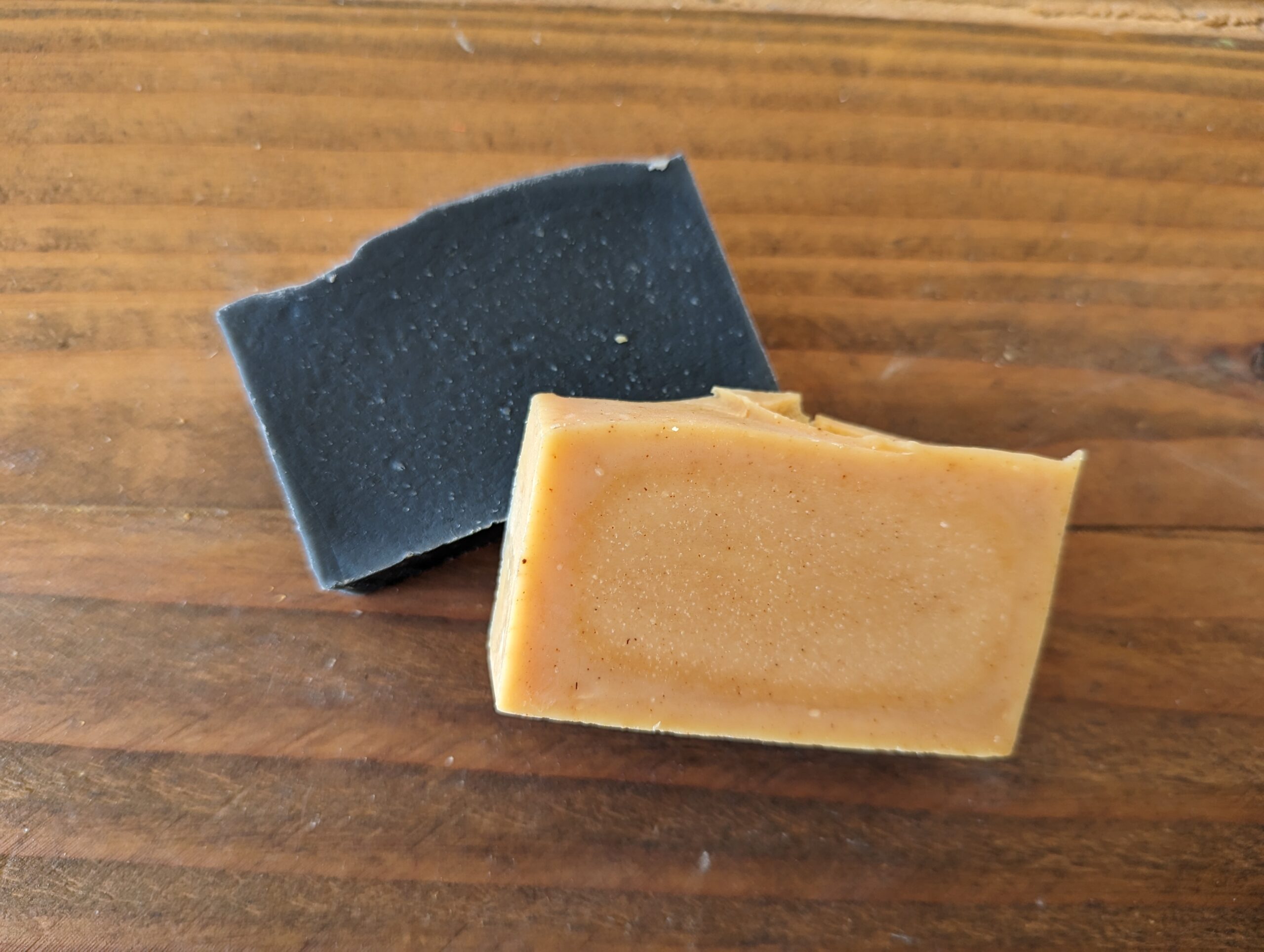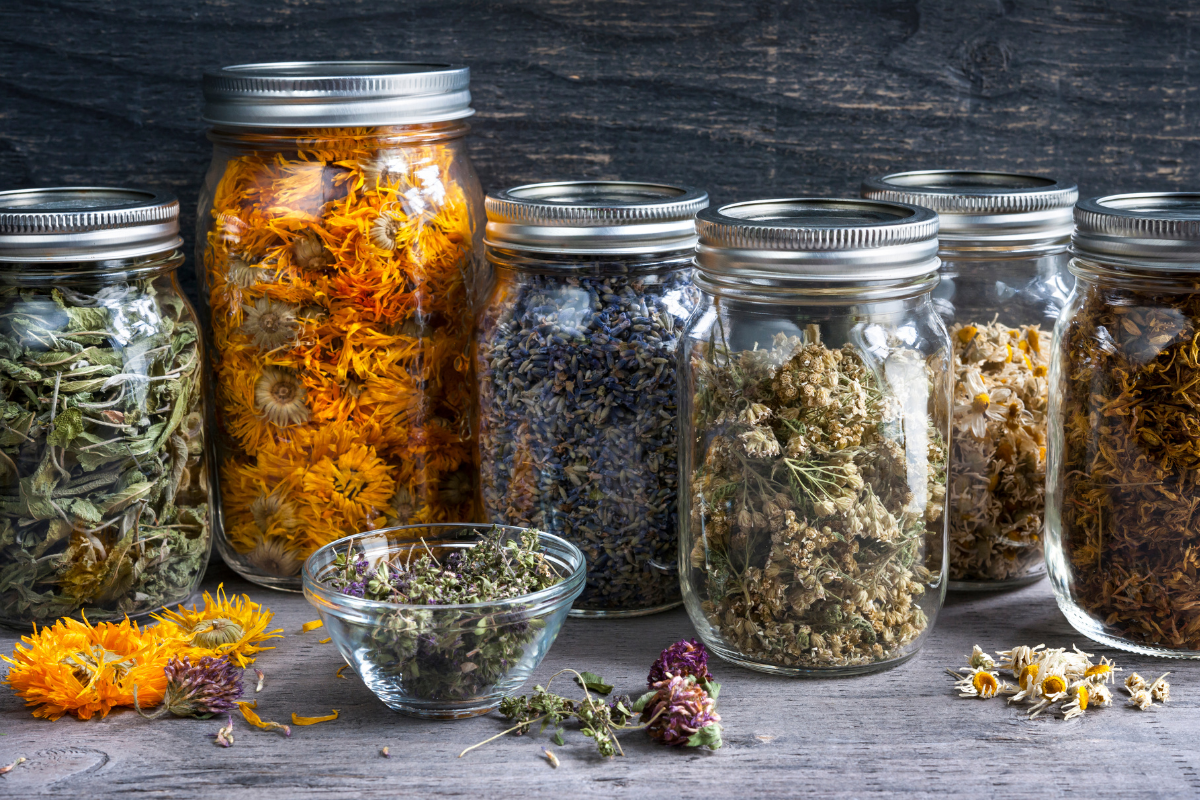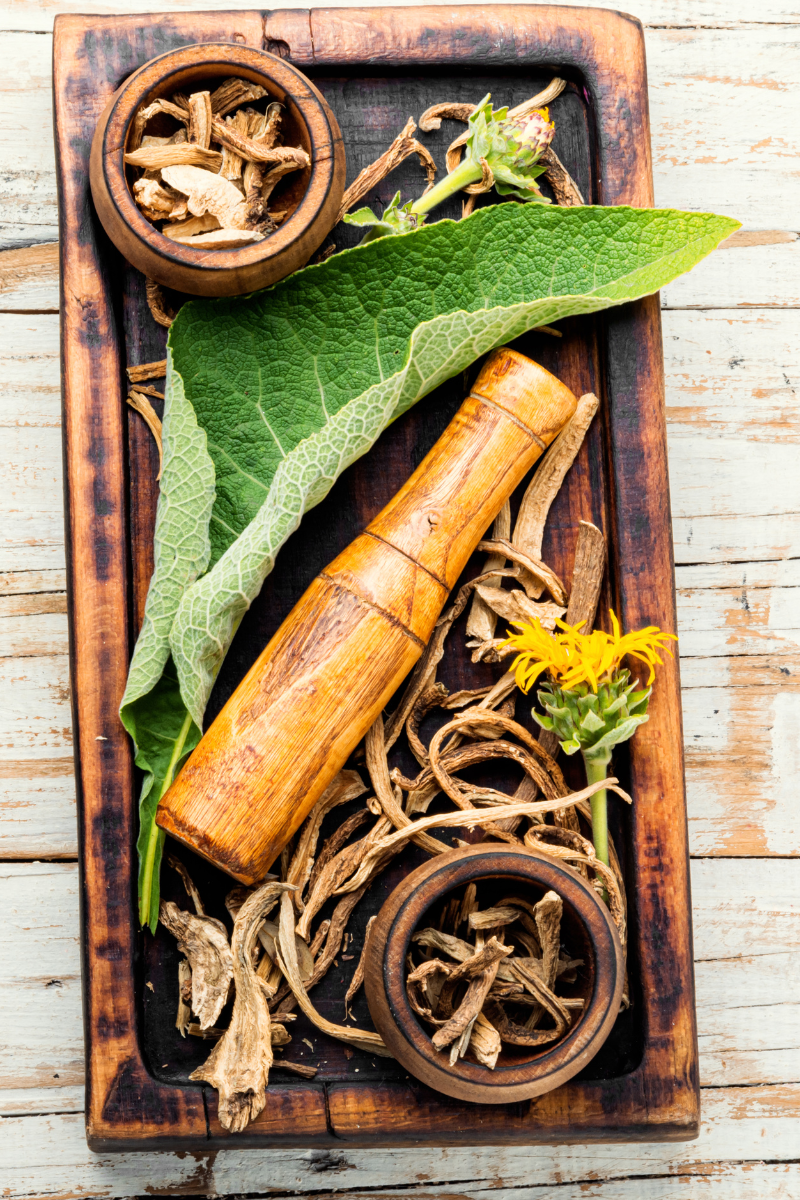Best Herbs for Hormone Balance: Naturally Support Your Health
Welcome as we go in-depth on the best herbs for hormone balance. We will explore nature’s pharmacy and its remarkable ability to restore balance to our hormonal health. In this blog post, we uncover the best herbs for hormone balance and their herbal remedies. Highlighting the best herbs for hormone balance that naturally support and promote overall well-being. I will show you how these herbs can offer effective support for menstrual cycles, menopausal symptoms, mood swings, and more.
Understanding the Crucial Role of Hormonal Balance in Your Health
In the complex network of our bodies, hormones act as conductors, orchestrating various physiological processes that keep us healthy and functioning optimally. From regulating metabolism and mood to influencing reproductive health and immune function, hormones play a fundamental role in every aspect of our well-being.
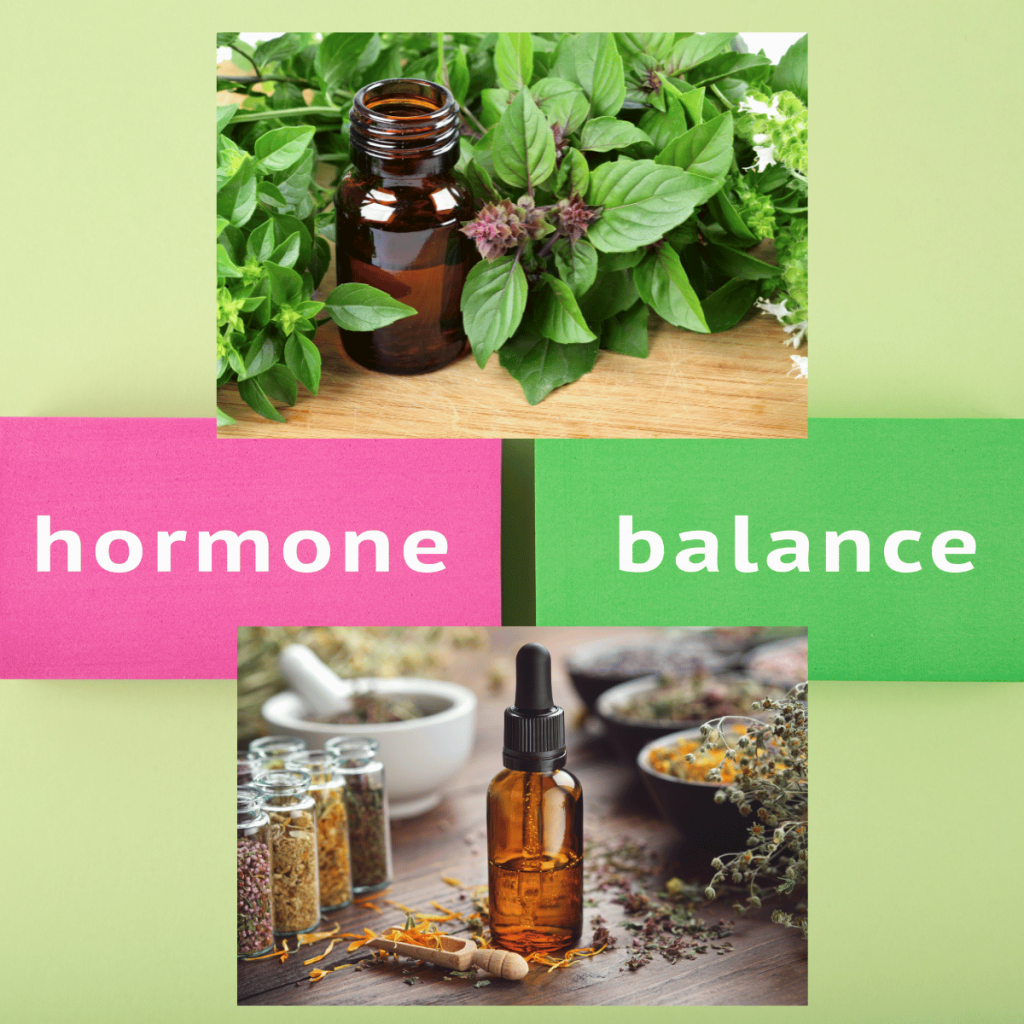
The Significance of Hormonal Balance for Overall Health
Hormones serve as messengers within our body, transmitting vital instructions to different organs and tissues, ensuring they perform their designated tasks smoothly. However, when this delicate balance is disrupted, it can lead to a cascade of health issues. Hormonal imbalances have been linked to various conditions, ranging from menstrual irregularities and mood swings to more serious concerns like infertility and thyroid disorders. Achieving and maintaining hormonal balance is therefore crucial for promoting overall health and vitality.
Rising Awareness of Natural Remedies: Best Herbs for Hormone Balance
In recent years, there has been a notable shift towards seeking natural alternatives for managing health concerns. With growing concerns about the potential side effects of pharmaceutical medications and a desire for more holistic approaches to wellness, many individuals are turning to the wisdom of traditional herbal remedies. This increasing awareness of natural therapies reflects a deeper understanding of the body’s innate ability to heal itself when provided with the right support.
Overview of the Importance of Herbs in Hormone Regulation
Herbal medicine has a long and storied history, dating back thousands of years across various cultures around the world. Plants have been used for their medicinal properties to address a wide range of health issues, including hormonal imbalances. Unlike synthetic medications, which often target specific symptoms or pathways, herbs work synergistically with the body, supporting its innate ability to restore balance and harmony. From adaptogenic herbs that help the body adapt to stress to those specifically targeting female reproductive health, herbs offer a diverse array of tools for promoting hormonal balance.
In the following sections, we will explore the world of herbal remedies for hormone balance, examining the mechanisms behind their effectiveness and how they can be integrated into your daily wellness routine. Join us on this journey to harness the power of nature and optimize your hormonal health naturally.
Understanding Hormonal Imbalances
Hormonal imbalances are disruptions in the equilibrium of your body’s internal chemistry. They can arise from a variety of factors, such as stress, diet, lifestyle choices, medical conditions, and environmental toxins. These imbalances manifest in a range of symptoms, from irregular menstrual cycles to mood swings, affecting both physical and emotional well-being. Neglecting to address them promptly can lead to serious health complications, underscoring the importance of timely intervention and management.
Definition and Causes
Hormonal imbalances occur when there is either too much or too little of a particular hormone in the bloodstream. This can happen due to various factors, including stress, diet, lifestyle choices, medical conditions, and environmental toxins. For example, chronic stress can lead to an overproduction of cortisol, the primary stress hormone, disrupting the balance of other hormones in the body. Similarly, a poor diet and a sedentary lifestyle can contribute to insulin resistance, affecting the balance of insulin and other hormones involved in metabolism.
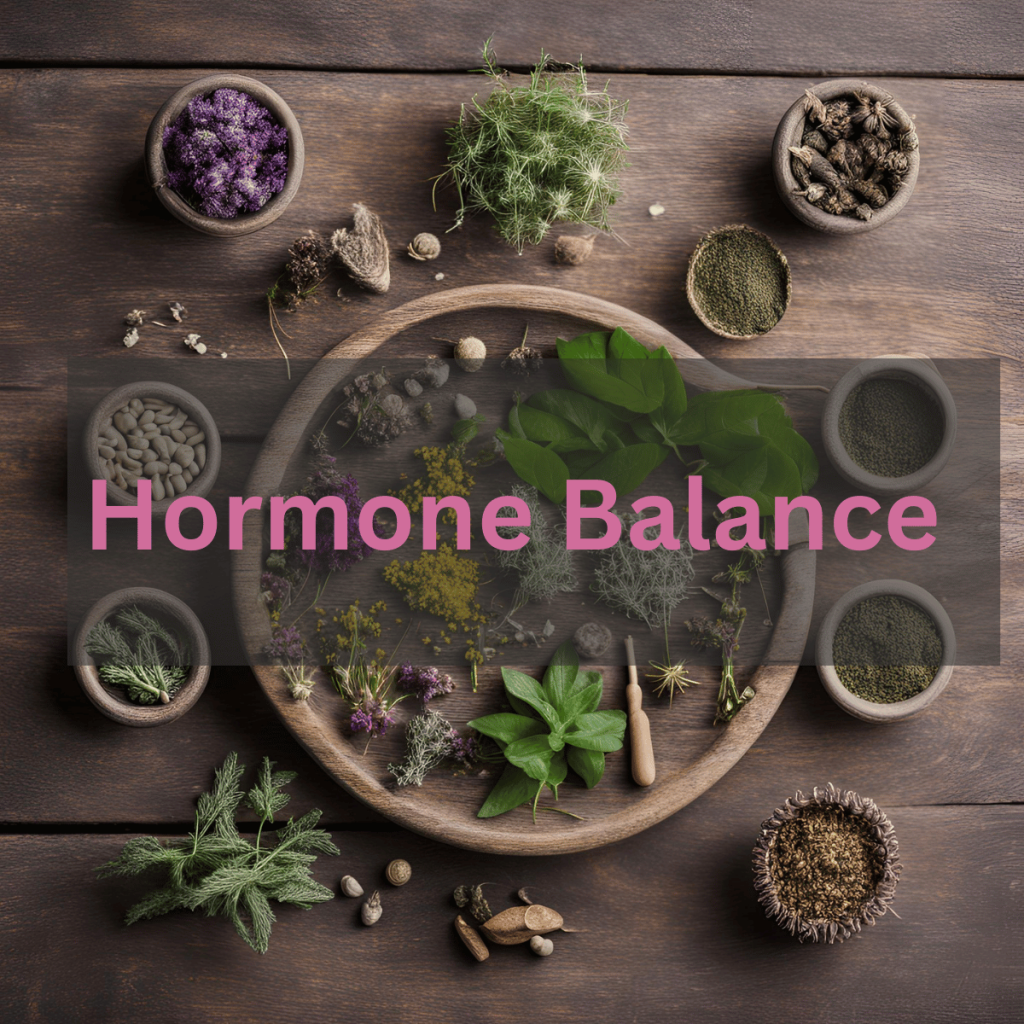
Common Symptoms and Their Impact
The symptoms of hormonal imbalances can vary widely depending on which hormones are affected and the severity of the imbalance. Common symptoms include irregular menstrual cycles, mood swings, fatigue, weight gain or loss, hair loss, acne, and changes in libido. These symptoms can have a significant impact on overall well-being, affecting physical health, emotional stability, and quality of life. For example, hormonal imbalances associated with menopause can lead to hot flashes, night sweats, and sleep disturbances, making daily life challenging for many women.
Importance of Addressing Hormonal Imbalances
Ignoring hormonal imbalances can have far-reaching consequences for health and well-being. Untreated imbalances can increase the risk of developing chronic conditions such as diabetes, cardiovascular disease, osteoporosis, and certain types of cancer. Additionally, hormonal imbalances can negatively impact mental health, leading to anxiety, depression, and other mood disorders. Addressing hormonal imbalances is therefore essential for not only alleviating symptoms but also preventing long-term health complications.
In the following sections, we will explore natural approaches to hormone balance, including the use of herbal remedies and lifestyle modifications, to help restore harmony to the body’s hormonal system.
Exploring Herbal Solutions for Hormone Balance: Best Herbs for Hormone Balance
In this section, we’ll explore the best herbs for hormone balance, uncovering their unique properties and benefits. From adaptogenic herbs that help the body adapt to stress to specialized herbs for female hormone balance and menopausal symptoms, we’ll uncover a variety of plant allies that offer gentle yet powerful support for hormonal harmony. Join us as we delve into the world of herbal medicine and discover the best herbs for nurturing balanced hormones and vibrant well-being.
Adaptogenic Herbs
Adaptogenic herbs are a class of botanicals that have gained recognition for their remarkable ability to help the body adapt to stress and maintain balance. These herbs contain bioactive compounds that support the body’s natural stress response system, helping to modulate cortisol levels and promote overall resilience.
Explanation of Adaptogens and Their Role
Adaptogens work by interacting with the hypothalamic-pituitary-adrenal (HPA) axis, which is responsible for regulating the body’s response to stress. They help to normalize the production of stress hormones like cortisol, thereby promoting a state of equilibrium known as homeostasis. By enhancing the body’s ability to cope with stressors, adaptogens can improve energy levels, enhance mental clarity, and support overall well-being.
Notable Adaptogenic Herbs
Rhodiola Rosea
Rhodiola, also known as “golden root,” is a popular adaptogenic herb native to the arctic regions of Europe and Asia. It has been used for centuries in traditional medicine to increase resilience to stress, enhance cognitive function, and improve physical performance. Rhodiola is believed to work by modulating the release of stress hormones and promoting the production of neurotransmitters like serotonin and dopamine.
Holy Basil (Tulsi)
Holy Basil, or Tulsi, is revered in Ayurvedic medicine for its adaptogenic properties and spiritual significance. It is known for its ability to promote calmness, mental clarity, and emotional balance. Holy Basil contains compounds like eugenol and rosmarinic acid, which exhibit antioxidant and anti-inflammatory effects. It is often used to combat the effects of chronic stress, support adrenal function, and enhance overall resilience.
These notable adaptogenic herbs, Rhodiola Rosea and Holy Basil represent just a fraction of the many herbs that offer support for stress management and hormonal balance. Incorporating these herbs into your wellness routine can provide valuable support for navigating life’s challenges.
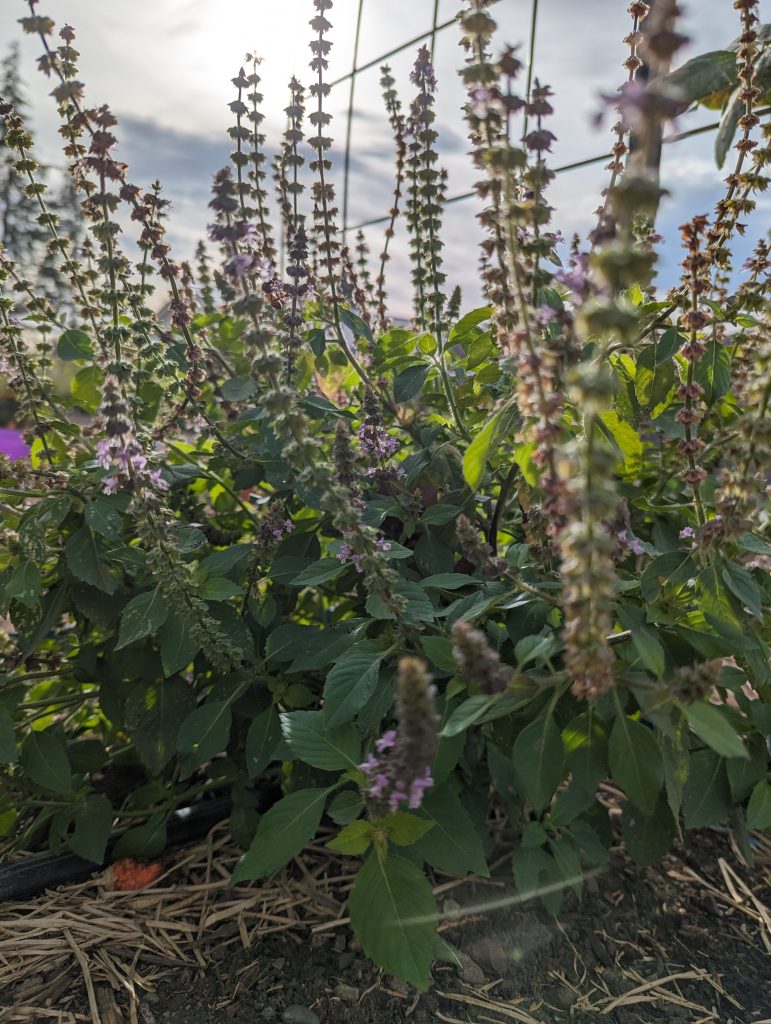
Herbs for Female Hormone Balance
Female hormone balance is crucial for overall well-being, influencing menstrual health, fertility, and menopausal transitions. Several herbs have been traditionally used to support female hormonal balance, offering relief from menstrual discomfort, promoting regular cycles, and easing menopausal symptoms.
Black Cohosh
Black Cohosh is a herb native to North America, long valued by indigenous cultures for its medicinal properties. It has been extensively studied for its ability to alleviate menopausal symptoms such as hot flashes, night sweats, and mood swings. Black Cohosh is believed to act on serotonin receptors in the brain, helping to regulate body temperature and mood fluctuations associated with menopause.
Red Clover
Red Clover is a leguminous plant containing compounds called isoflavones, which have estrogen-like effects in the body. It has been used traditionally to relieve menopausal symptoms, including hot flashes and vaginal dryness. Red Clover may also support bone health and cardiovascular function, making it a valuable ally for women’s health during menopause.
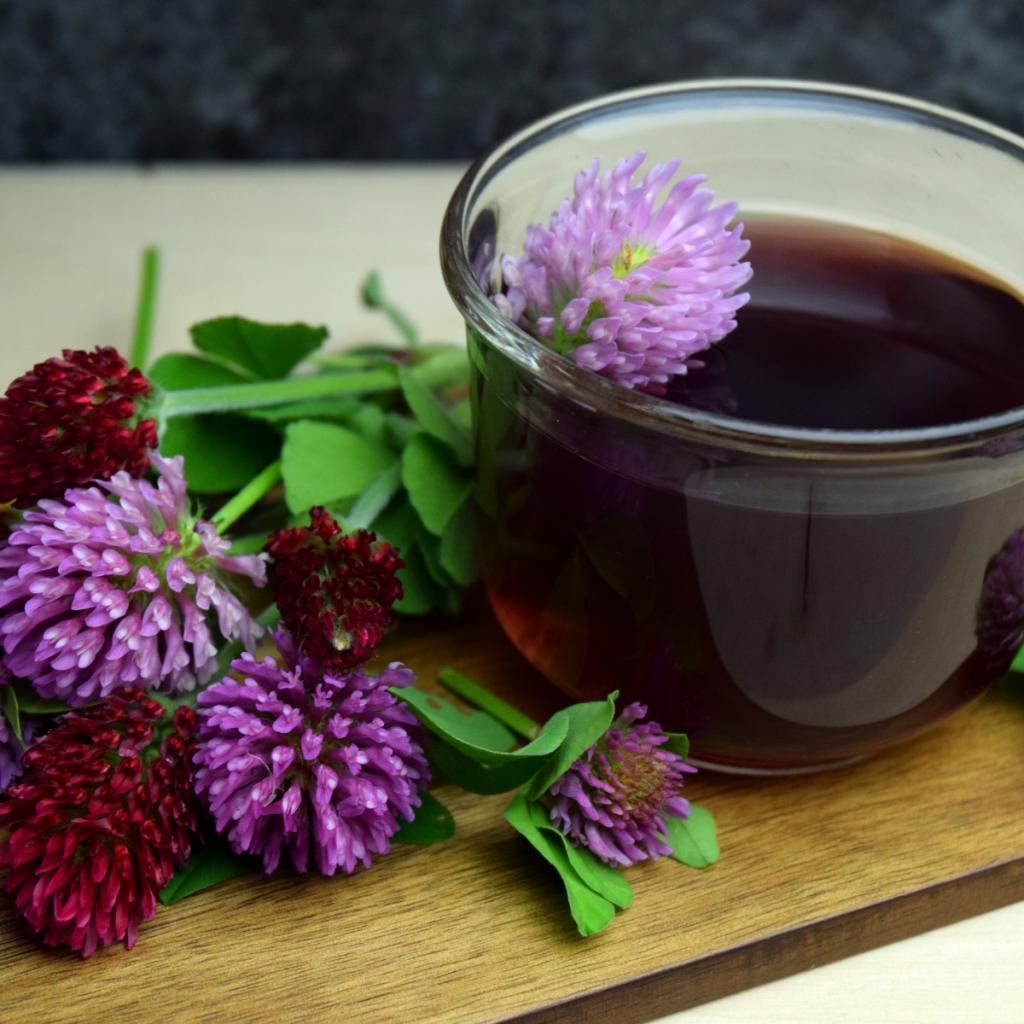
Chaste Tree Berry (Vitex Agnus-Castus)
Chaste Tree Berry, also known as Vitex or Monk’s Pepper, is a popular herb in traditional herbal medicine for promoting hormonal balance in women. It works by supporting the production of luteinizing hormone (LH) and inhibiting the release of follicle-stimulating hormone (FSH), thereby helping to regulate menstrual cycles and alleviate symptoms of premenstrual syndrome (PMS) and premenstrual dysphoric disorder (PMDD). Chaste Tree Berry is often recommended for women experiencing irregular cycles, hormonal acne, or infertility due to hormonal imbalances.
These herbal allies, Black Cohosh, Red Clover, and Chaste Tree Berry, offer natural support for women’s hormonal health, providing relief from menstrual discomfort and promoting balance throughout various stages of life. Integrating these herbs into your wellness regimen may help you achieve greater harmony and vitality in your life.
Herbs for Menopausal Symptoms
Menopause signifies a significant shift in a woman’s life, bringing along a host of physical and emotional changes. Thankfully, there are several herbs traditionally used to alleviate menopausal symptoms and provide support during this transition.
Dong Quai
Dong Quai, often referred to as “female ginseng,” is a fundamental herb in Traditional Chinese Medicine renowned for its hormone-balancing properties. It’s commonly employed to ease menopausal discomforts such as hot flashes, night sweats, and vaginal dryness. Dong Quai contains compounds like coumarins and ferulic acid, believed to exert estrogenic effects, thereby supporting hormonal equilibrium during menopause.
Maca Root
Hailing from the Andes Mountains of Peru, Maca Root has garnered attention as a natural remedy for menopausal symptoms and hormonal imbalances. Packed with vitamins, minerals, and phytonutrients, Maca Root nourishes the endocrine system and aids hormone production. It’s often utilized to mitigate hot flashes, mood swings, and fatigue, while also enhancing libido and energy levels. Maca Root’s adaptogenic qualities make it a valuable ally for women navigating the hormonal changes of menopause.
Incorporating herbs like Dong Quai and Maca Root into their wellness routine empowers women to find natural relief from menopausal symptoms and support their overall hormonal balance during this transformative phase of life. These herbal remedies offer gentle yet effective support, allowing women to embrace menopause with greater comfort and vitality.
Herbs for Menstrual Health
Maintaining menstrual health is essential for women’s overall well-being, and certain herbs have been traditionally used to support a healthy menstrual cycle and alleviate associated discomforts.
Dandelion Root
Dandelion Root is not just a common lawn weed; it’s also a potent herbal remedy with a range of health benefits. Rich in vitamins, minerals, and antioxidants, dandelion root is known for its ability to support liver health and promote detoxification, which can help regulate hormonal balance and alleviate menstrual symptoms such as bloating and cramping. Additionally, dandelion root’s diuretic properties may help reduce water retention commonly experienced during menstruation.
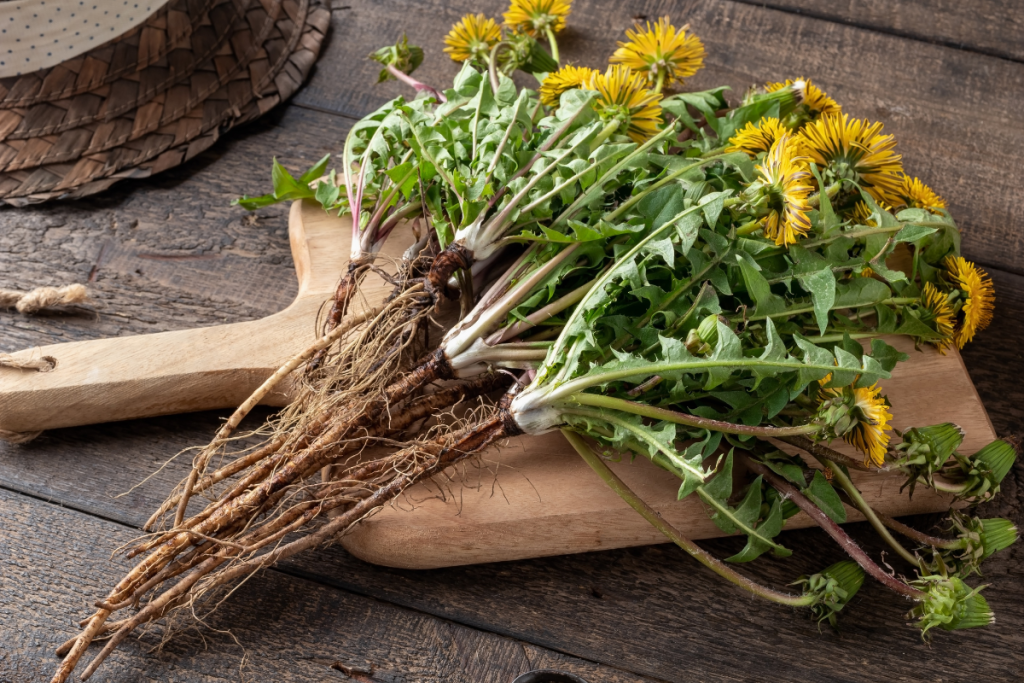
Milk Thistle
Milk Thistle, a flowering herb native to the Mediterranean region, is renowned for its liver-protective properties. The active compound in milk thistle, silymarin, has been studied for its ability to support liver function and promote detoxification, which can aid in hormone metabolism and balance. By supporting liver health, milk thistle may help alleviate symptoms like breast tenderness and mood swings associated with hormonal fluctuations during the menstrual cycle.
Nigella Sativa (Black Seed)
Nigella Sativa, also known as Black Seed or Black Cumin, has a long history of use in traditional medicine for its diverse therapeutic properties. Rich in antioxidants and bioactive compounds, black seed has been studied for its anti-inflammatory and analgesic effects, which may help alleviate menstrual cramps and discomfort. Additionally, black seed’s hormonal-regulating properties may contribute to a more regular menstrual cycle and reduced PMS symptoms.
Incorporating herbs like dandelion root, milk thistle, and nigella sativa into one’s wellness routine can provide natural support for menstrual health and contribute to a smoother, more comfortable menstrual cycle. These herbal remedies offer gentle yet effective relief from common menstrual symptoms.
Herbs for General Hormone Support
Maintaining hormonal balance is vital for overall health and well-being. Certain herbs are prized for their ability to support the body’s hormone production and regulation.
Licorice Root
Licorice root, derived from the Glycyrrhiza glabra plant. This has been used for centuries in traditional medicine for its numerous health benefits. It contains compounds called glycyrrhizic acid and glycyrrhetinic acid. These have been found to modulate cortisol levels and support adrenal function. By promoting adrenal health, licorice root may help the body adapt to stress more effectively and maintain hormonal balance.
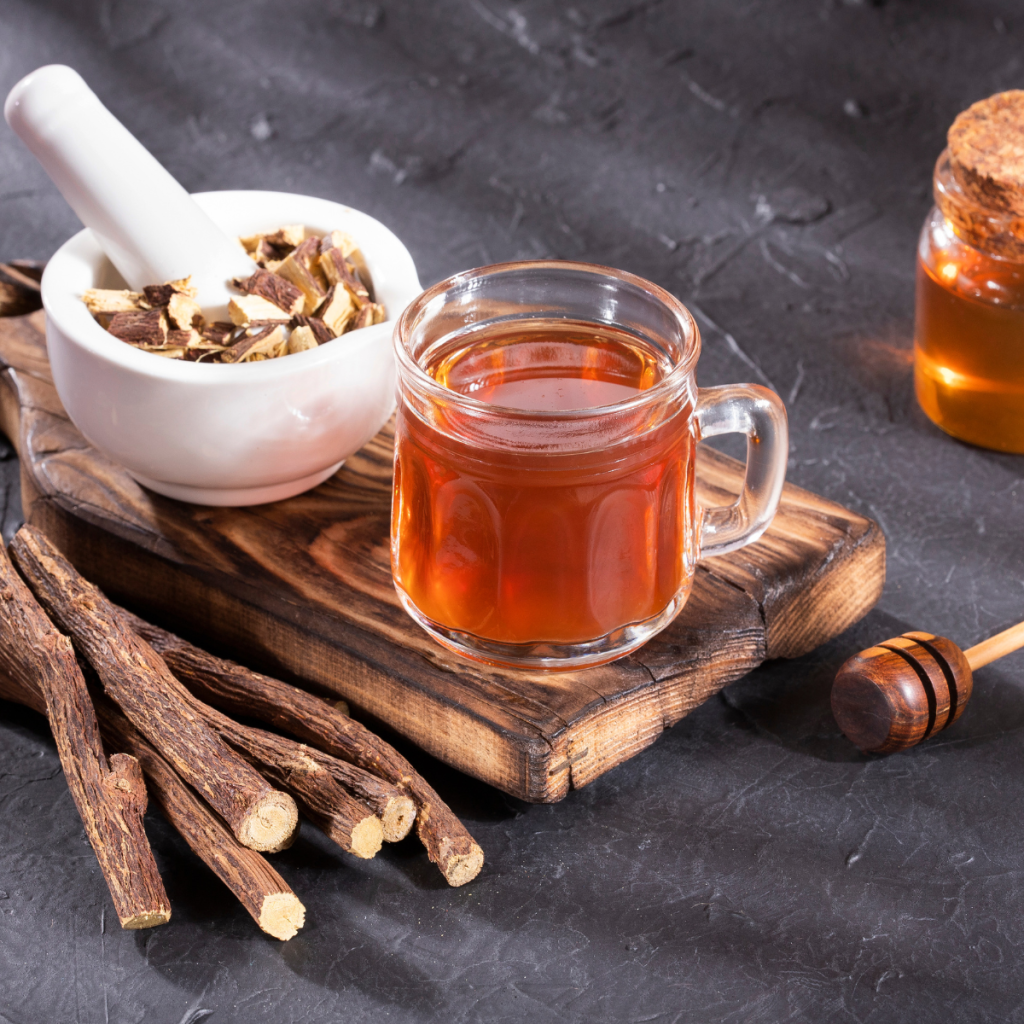
Ashwagandha
Ashwagandha, also known as Indian ginseng or winter cherry, is a revered herb in Ayurvedic medicine for its adaptogenic properties. It helps the body cope with stress and supports adrenal function, which can have a positive impact on hormone balance. Ashwagandha is particularly beneficial for reducing stress-related cortisol levels, improving energy levels, and promoting overall well-being.
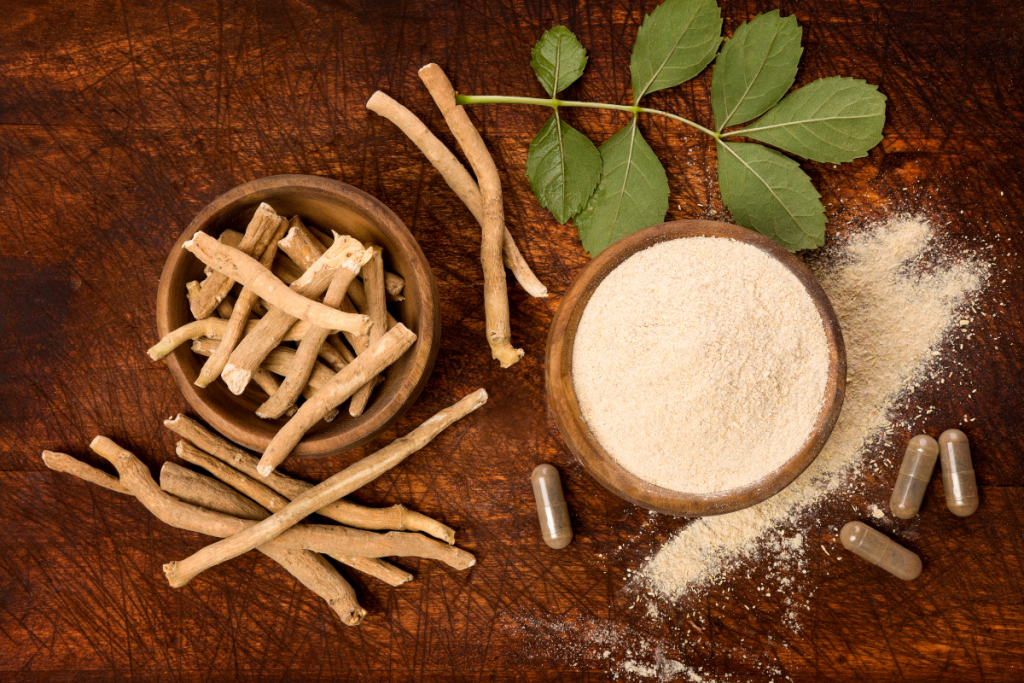
Ginseng
Ginseng is a popular herb used in traditional Chinese medicine for its energizing and revitalizing properties. It contains bioactive compounds called ginsenosides, which have been shown to support adrenal function and enhance the body’s response to stress. By modulating stress hormone levels and improving energy metabolism, ginseng may help maintain hormonal balance and support overall vitality.
Incorporating herbs like licorice root, ashwagandha, and ginseng into one’s wellness routine can provide comprehensive support for hormonal balance and overall health. These herbal remedies offer natural solutions for promoting resilience, vitality, and hormonal harmony in the body.
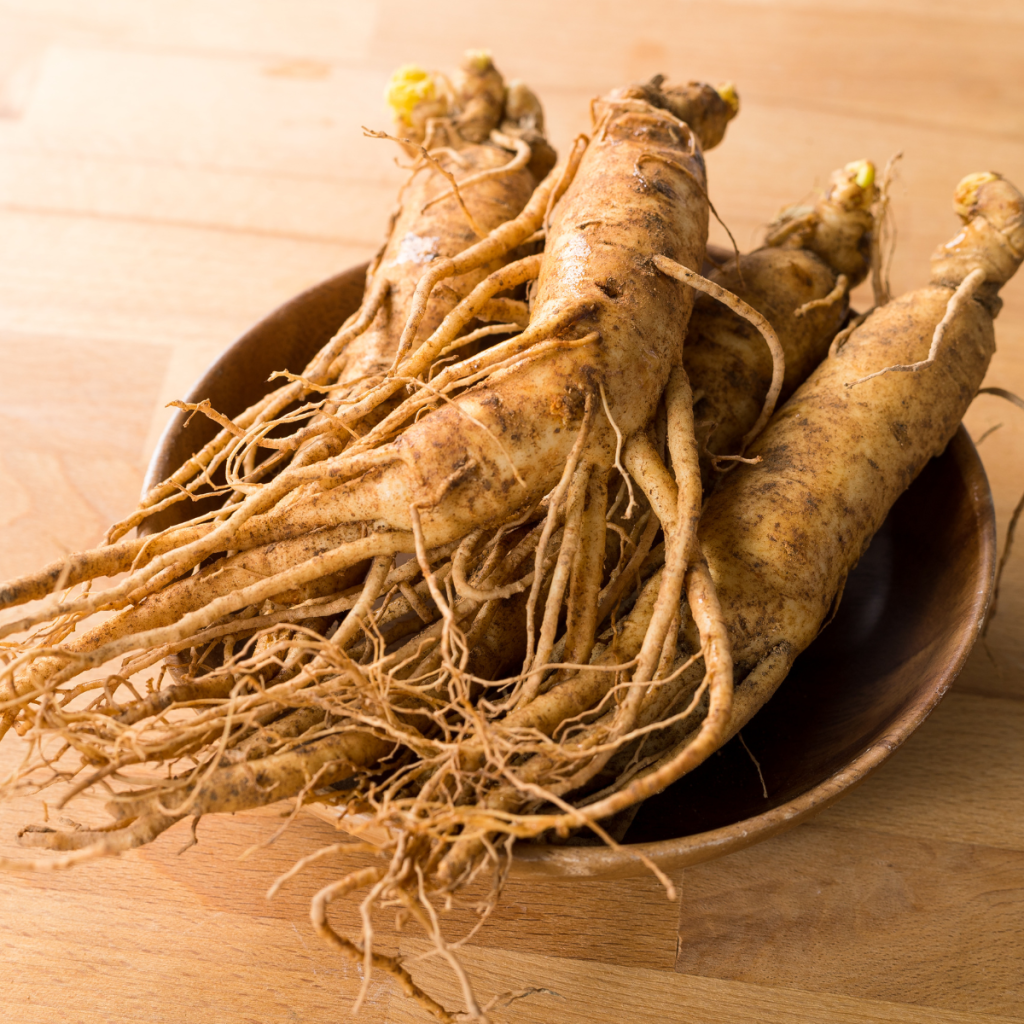
Incorporating Herbal Support into Daily Life
Exploring herbal support for hormonal balance isn’t just about identifying the right herbs. It’s also about integrating them into your daily routine in a way that maximizes their benefits and ensures safety and efficacy. Here’s how you can seamlessly incorporate herbal support into your lifestyle.
Herbal Teas and Infusions
One of the simplest ways to enjoy the benefits of herbs is through herbal teas and infusions. Whether you’re sipping on a soothing cup of chamomile tea before bed or indulging in a warming mug of ginger tea in the morning, herbal beverages offer a convenient and enjoyable way to incorporate herbs into your daily routine. Experiment with different herbs and blends to discover your favorites and tailor your herbal tea ritual to your specific needs.

Herbal Supplements: Quality and Dosage
When choosing herbal supplements, it’s essential to prioritize quality and dosage. Look for reputable brands that use high-quality, organic herbs and follow good manufacturing practices. Pay attention to dosage recommendations and start with a lower dose, gradually increasing as needed. Consulting with a healthcare provider can help ensure you’re selecting the right supplements and dosages for your individual needs.
Consulting a Healthcare Provider
While herbs can offer valuable support for hormonal balance, it’s essential to consult with a healthcare provider before starting any new herbal regimen. Especially if you have underlying health conditions or are taking medications. A healthcare provider can offer personalized guidance based on your medical history and help you navigate potential interactions or contraindications.
Lifestyle Changes for Hormonal Balance
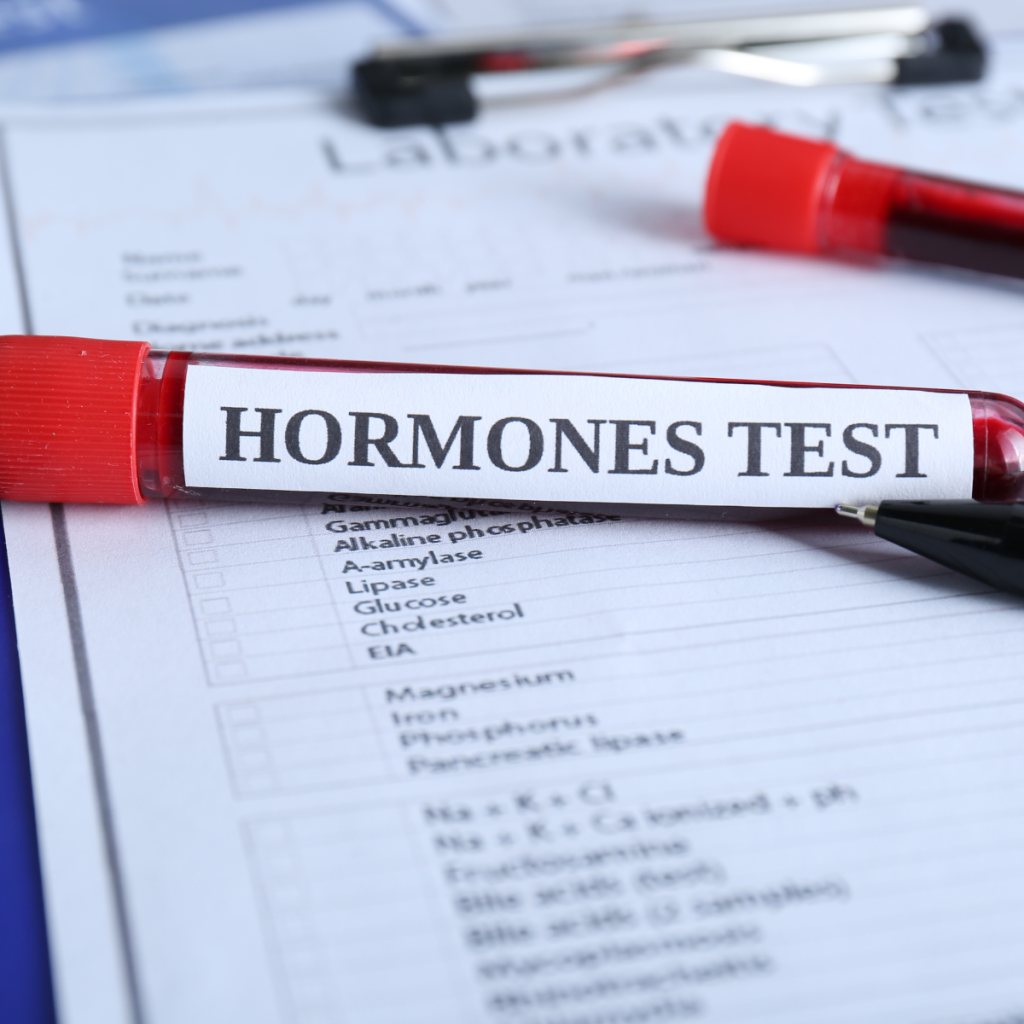
In addition to herbal support, lifestyle changes can play a significant role in promoting hormonal balance. Incorporating stress-reducing practices such as deep breathing exercises can help support adrenal health and reduce cortisol levels. Prioritizing regular physical activity, adequate sleep, and a balanced diet rich in whole foods can also help hormonal health.
Dietary Adjustments and Whole Foods
Dietary adjustments can be an integral part of supporting hormonal balance. Focus on incorporating nutrient-dense whole foods such as fruits, vegetables, lean proteins, and healthy fats into your diet. Certain foods, such as cruciferous vegetables, fatty fish, nuts, and seeds, may have specific benefits for hormonal health. Consider working with a registered dietitian or nutritionist to optimize your diet for hormonal balance and overall well-being.
By integrating herbal support into your daily life you can create a holistic approach to hormonal balance. Experiment with different herbs and wellness practices to find what works best for you. Just remember that consistency and patience are key.

The Science Behind Herbal Remedies
Understanding the scientific principles behind herbal remedies can provide valuable insights into their efficacy and potential mechanisms of action. Here’s a closer look at the science behind herbal remedies.
Review of Clinical Trials and Studies
Clinical trials and studies play a crucial role in evaluating the safety and effectiveness of herbal remedies. By reviewing existing research, including randomized controlled trials, systematic reviews, and meta-analyses, we can gain a deeper understanding of the therapeutic potential of herbs for various health conditions. Clinical evidence helps inform healthcare decisions and provides valuable insights into the real-world effectiveness of herbal interventions.
Understanding Herbal Medicine in Traditional Practices
Traditional practices, such as Traditional Chinese Medicine (TCM) and Ayurveda, offer centuries-old wisdom on the use of herbs for health and healing. These traditional systems of medicine have developed intricate frameworks for understanding the body’s physiology, pathology, and the therapeutic properties of herbs. By studying traditional herbal practices, we can learn valuable lessons about herbal formulations, synergistic herb combinations, and individualized approaches to healthcare.
Exploring Mechanisms of Action
Herbal remedies exert their effects through a variety of mechanisms of action, including modulation of enzyme activity, regulation of gene expression, and interaction with neurotransmitter systems. For example, adaptogenic herbs like ashwagandha and Rhodiola rosea are thought to exert their stress-relieving effects by modulating the hypothalamic-pituitary-adrenal (HPA) axis and enhancing the body’s resilience to stress. Understanding the specific mechanisms of action of herbs can help elucidate their therapeutic effects and guide their use in clinical practice.
By exploring the science behind herbal remedies through clinical research, traditional knowledge, and investigation of mechanisms of action, we can gain a deeper appreciation for the therapeutic potential of herbs in supporting health and well-being. Integrating evidence-based herbal interventions into healthcare practices can offer safe, effective, and holistic approaches to addressing various health concerns.
Ensuring Safety and Efficacy
Ensuring the safety and efficacy of herbal remedies is paramount to their successful integration into healthcare practices. Here’s how we can maintain safety and efficacy.
Potential Side Effects and Interactions
While herbs offer numerous health benefits, they can also have potential side effects and interactions, especially when used in combination with medications or other herbs. It’s essential to be aware of these potential risks and consult with a healthcare provider before starting any new herbal regimen, particularly if you have underlying health conditions or are taking medications. By understanding potential side effects and interactions, we can mitigate risks and ensure the safe use of herbal remedies.
Importance of High-Quality Herbs
The quality of herbs plays a significant role in their safety and efficacy. Opting for high-quality herbs sourced from reputable suppliers ensures that you’re getting potent and uncontaminated products. Look for herbs that have been certified organic and undergo rigorous testing for purity and potency. By prioritizing high-quality herbs, we can maximize their therapeutic benefits and minimize the risk of adverse effects.
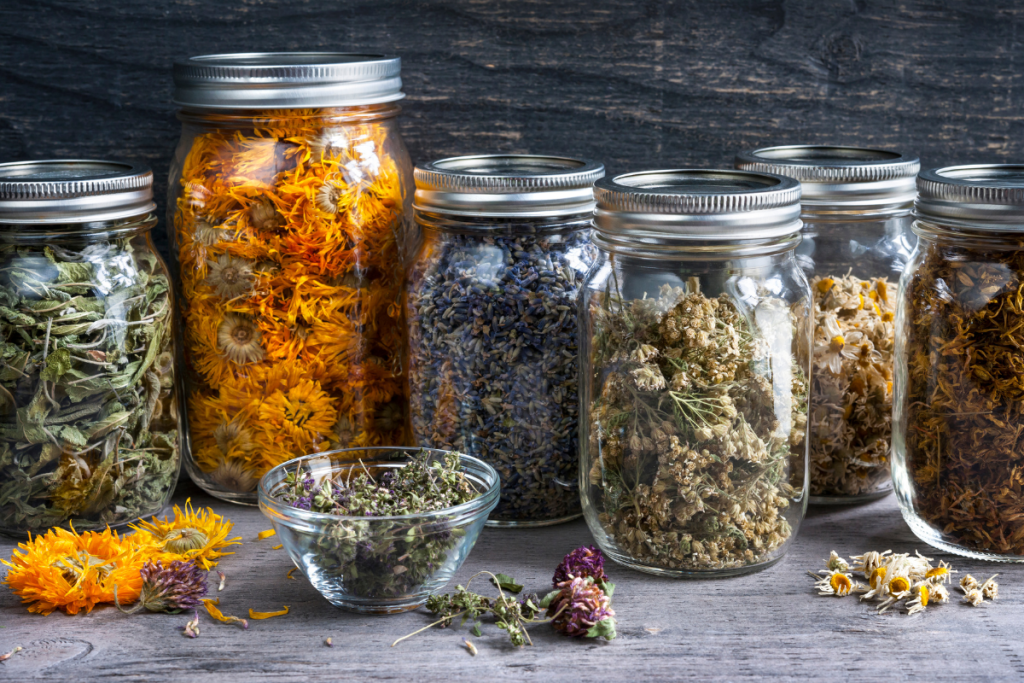
Long-Term Use and Monitoring
While herbs can offer valuable support for health and well-being, it’s essential to exercise caution with long-term use. Some herbs may be suitable for short-term use to address acute health concerns, while others may be suitable for long-term support. However, it’s crucial to monitor for any changes or adverse effects over time and adjust your herbal regimen as needed. Regular check-ins with a healthcare provider can help ensure that your herbal protocol remains safe and effective for your individual needs.
Disclaimer: This content is for informational purposes only and should not be construed as medical advice. Always consult your healthcare professional before using any herb medicinally, especially if you have underlying health conditions or are taking medications. Your healthcare provider can offer personalized guidance based on your individual health needs and circumstances.
Resources
Make sure to check out our online shop for herbal remedies and products. If you’re local to us in Paradise, CA, please come by our store front Vine & Branch Shop!
Recap
In conclusion, exploring the world of herbal remedies for hormone balance opens up a realm of natural support and holistic wellness. From adaptogenic herbs to specialized remedies for menopausal symptoms and menstrual health, nature offers many solutions to promote hormone balance.
By incorporating herbal support into your daily routine and prioritizing quality, safety, and long-term monitoring, you can harness the therapeutic benefits of herbs while minimizing potential risks. Remember to always consult with a healthcare professional before starting any new herbal regimen, especially if you have underlying health conditions or are taking medications.
With proper guidance and mindfulness, herbal medicine can complement your journey toward hormonal balance and overall well-being. Embrace the power of nature’s pharmacy and discover the transformative potential of herbal remedies in supporting your health and vitality.
